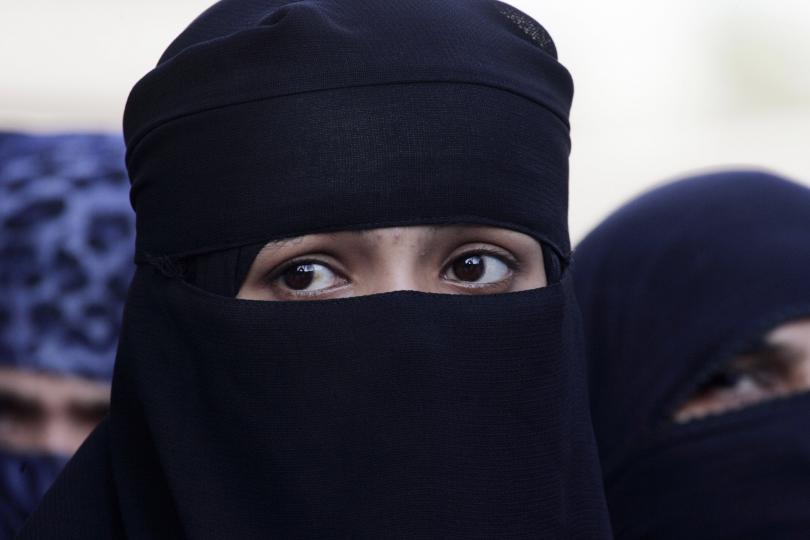Any face covering that “hinders the identification of individuals in a way that threatens national security” is now banned in Sri Lanka, according to a statement from the country’s President.
The move follows a series of bombings on Easter Sunday that killed more than 250 people and wounded at least 500 in Sri Lankan churches and hotels.
“President Maithripala Sirisena has made this decision to strengthen national security as well as to not inconvenience any demographic group so as to create a peaceful and harmonious society in Sri Lanka,” said the presidential statement, which was released Sunday.
The ban took effect Monday, and applies to anything covering the face, which could include burqas, niqabs and helmets or masks.
“All sorts of face covers that hinders the identification of individuals in a way that threatens national security shall be banned with effect from 29 April 2019 as per Emergency Regulations,” the statement said.
“The order specifies that the base criterion for identification is the ability to see the face of an individual clearly.”
A burqa is a garment worn by some Muslim women that covers the entire body, with mesh over the eyes. The niqab is a full-face veil with an opening for the eyes.
At least one Sri Lankan hotel reportedly has banned facial coverings after the attacks.
